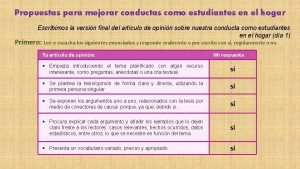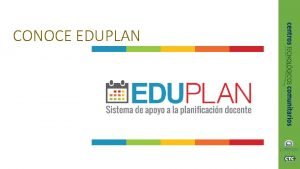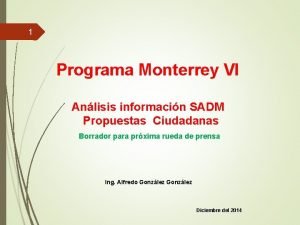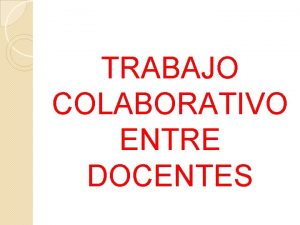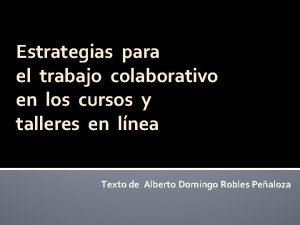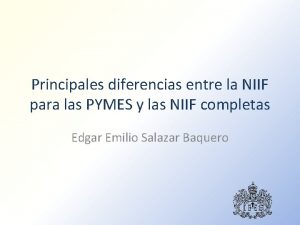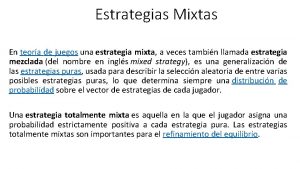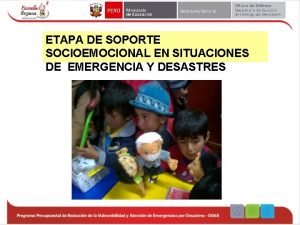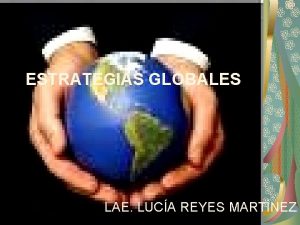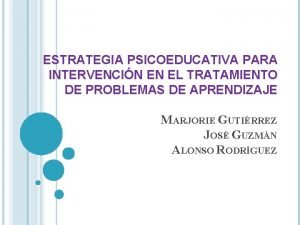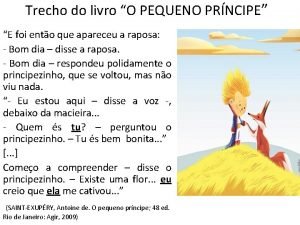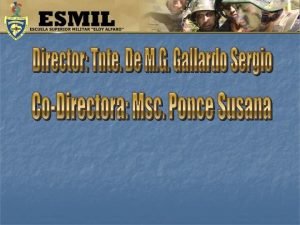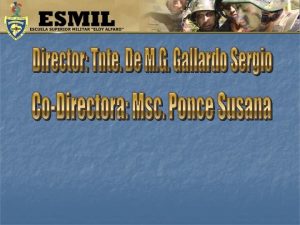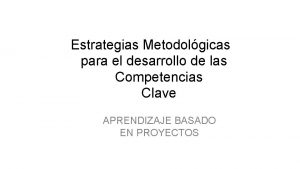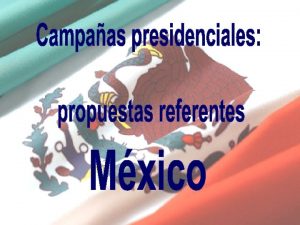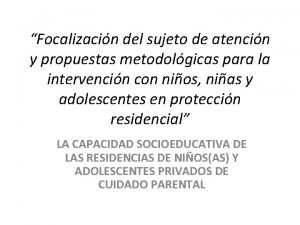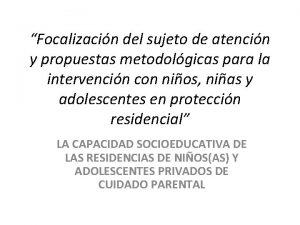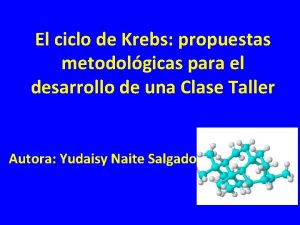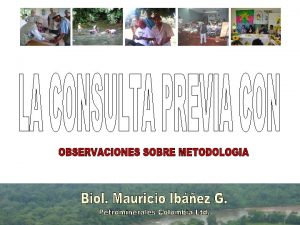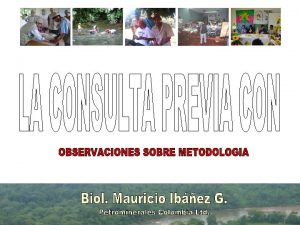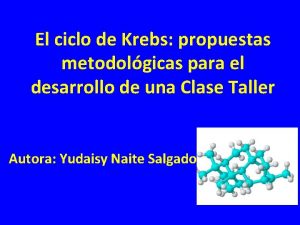Estrategias de participacin Entre las estrategias metodolgicas propuestas











- Slides: 11


Estrategias de participación Entre las estrategias metodológicas propuestas para el trabajo en las Comunas partimos de dos técnicas: los croquis o mapas mentales y la cartografía social para acceder a los imaginarios que la ciudadanía tiene de su comuna y saber cómo conoce su territorio.

Participation strategies Regarding the different approaches which could be used working with the Communes, we begin by choosing two particular techniques: the sketch or mind maps and social cartography. Those two are essential in order to realize what the citizens perceive about their Commune and how they know their neighborhood.

Un análisis de la percepción y de la representación espacial requiere de métodos que reflejen mucho más la visualización que la textualización del espacio.

An analysis concerning the environment representation requires methods that remark the visual aspects rather than a retelling of the places’ disposal.

Kevin Lynch (1960). Mapas mentales: el espacio urbano se organiza por elementos físicos: calles, edificios; y elementos invisibles: fronteras , sendas y nudos. Armando Silva (1992). Croquis (mapas mentales): el territorio urbano se expresa a través de la memoria y símbolos culturales. Mapas mentales, entonces, son visualizaciones de imágenes individuales del medio ambiente habitado y también representaciones del espacio urbano

Kevin Lynch (1960). Mind Maps: the urban territory organizes by two main elements: material ones (like streets and buildings) and invisible ones (borders, tracks and intersections). Armando Silva (1992). Sketch (mind maps). The urban environment expresses itself through memory and symbolic cultural elements. Then, mind maps are a visualization of the different individual images which include not only the environment and the habitat but also the representation of the urban territory.

Trabajo individual: consignas - criterios de referencia para cartografiar la ciudad que conociste: 1. Dibuja la ciudad en base a los recorridos que hicieron en la misma (las marcas distintivas de la ciudad - calificar). 2. Identifiquen en la ciudad el patrimonio natural y cultural (los escenarios históricos, sociales, etc. Lo teatral de la ciudad). 3. Identifiquen los lugares con olores, gustos, u otros signos sensibles (cualidades de la ciudad). 4. Construyendo una narrativa visual en común. . . enchinchada!!!

Individual assignment: reference elements to take into account when mapping the city you knew: 1. Draw the city regarding the different roads you took. Make emphasis on the outstanding city sights and qualify them. 2. Identify the city’s natural and cultural heritage (taking under consideration the historical and social scenarios, etc. Think as if the city were a theatre. 3. Identify the smell, the tastes and other symbols connected to senses that recreates the characteristics of the city and makes it unique. 4. At the end, build a visual narrative all together!


 Propuestas para mejorar la conducta de los alumnos
Propuestas para mejorar la conducta de los alumnos Plataforma eduplan
Plataforma eduplan Propuestas ciudadanas
Propuestas ciudadanas Estrategias de trabajo colaborativo entre docentes
Estrategias de trabajo colaborativo entre docentes Estrategias de trabajo colaborativo entre docentes
Estrategias de trabajo colaborativo entre docentes Diferencias entre niif completas y niif para pymes
Diferencias entre niif completas y niif para pymes Teoria de juegos estrategias mixtas
Teoria de juegos estrategias mixtas Las 5 estrategias competitivas genericas
Las 5 estrategias competitivas genericas Estrategias de soporte socioemocional
Estrategias de soporte socioemocional Estrategia multidomestica
Estrategia multidomestica Aprendizaje autorregulado
Aprendizaje autorregulado Pronomes
Pronomes
